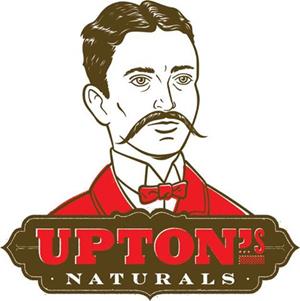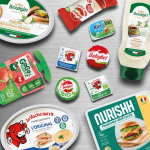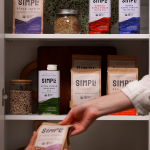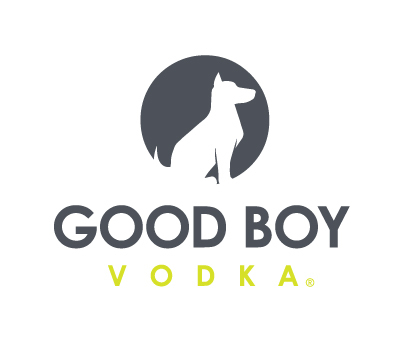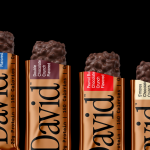Oklahoma Plant-Based Meat Labeling Law Survives First Challenge
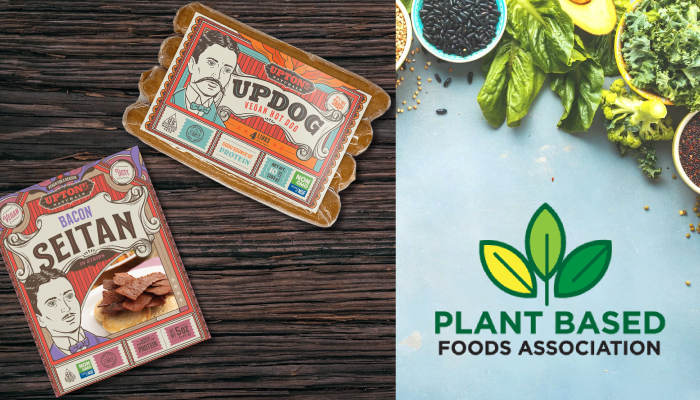
Last week plant-based brand Upton’s Naturals and the Plant Based Food Association (PBFA) continued their fight to halt a new Oklahoma labeling law for meat alternatives which went into effect in November.
Two weeks ago, an Oklahoma judge declined to block the state law, which requires plant-based meat companies to include disclaimers when using meat terms as descriptors on their packaging. Upton’s Naturals and the PBFA filed suit seeking preliminary injunction against the law in September, claiming the law violated the First Amendment. The Institute for Justice, which is representing Upton’s Naturals and the PBFA in this case, filed a notice of appeal to the U.S. Court of Appeals for the Tenth Circuit for the ruling last week.
“The Plant Based Foods Association will continue to fight to ensure its members, including Upton’s Naturals, can continue to fairly and accurately label their foods as the First Amendment clearly allows,” PBFA founder Michele Simon said in an email. “We are confident that we have the facts, and the law, on our side.”
The Meat Consumer Protection Act, passed earlier this year after a wave of support from the Oklahoma Cattlemen’s Association and the Oklahoma Pork Council, went into effect on November 1. The law requires that companies using meat-related terms to describe products not derived from livestock must feature a disclaimer on their packaging that is the same “size and prominence” as the product name itself to indicate that the product is in fact plant-based.
Upton’s Naturals claimed in the lawsuit that they would have to redesign their labels or create special labels for Oklahoma, or stop selling their products in the state altogether under the new law. The brand, a founder board member of PBFA, can be found at retailers such as Target and Whole Foods in the state. While many of its products feature ingredient callouts such as “seitan” or “jackfruit” that are close to the same size as the product name, the word “vegan” generally is smaller.
“Our labels make it perfectly clear that our food is 100% vegan,” said Upton’s Naturals founder Daniel Staackmann in a press release. “But now our meat industry competitors in Oklahoma want to force us to redesign our labels as if our safe, healthy products are potentially harmful.”
U.S. District Judge Stephen P. Friot ruled on November 19 that the meat labeling law does not restrict freedom of speech, but instead regulates the disclosure of information. Terms such as “bacon,” “hot dog” and “jerky” used to describe Upton’s Naturals’ vegan products are “potentially misleading to a reasonable consumer,” Friot said, as their definitions in the Merriam-Webster Dictionary indicate that they are animal-based.
Though he acknowledged that Upton’s Naturals does state on its labels that its products are “meatless,” “plant-based” or “vegan,” Friot ruled that these terms do not make the packaging “non-misleading.” Because the meat-related terms are more prominent on the packaging when viewed as a whole, he argued that “hurried” consumers who don’t take the time to scrutinize the packaging could ultimately be misled to believe the products contain meat.
Furthermore, Friot ruled that the label adjustments that Upton’s Naturals or other plant-based brands would have to make as a result of this law are “justified and not unduly burdensome.” He said brands are free to use any words they’d like to clarify that their products are plant-based, and no specific font size is mandated as long as it is the same “size and prominence” as the product name.
In a declaration submitted as part of the lawsuit in September, Simon said it would be “highly likely” that some of PBFA’s over 170 company members would take their products off Oklahoma retailers’ shelves if the law went into effect because they would not be able to afford the adjustments to their labels. As the law went into effect last month, the PBFA did not return a request for comment on whether any of these members have withdrawn their products from the state thus far.
According to the PBFA, the group has fought labeling laws in approximately 30 states, and this isn’t the first time that Upton’s Naturals, the PBFA and the Institute for Justice have teamed up to fight meat labeling legislation. Last year, they sued the state of Mississippi over a similar meat labeling law that went into effect in July 2019 which would result in potential fines and criminal penalties if violated. A new regulation was proposed later that summer allowing the continued use of meat terms so long as they are modified with terms such as “plant-based,” “meatless” or “vegan.” The PBFA dropped the lawsuit when the labeling regulation went into effect in November 2019.
Other lawsuits over similar meat labeling laws in Louisiana, Missouri and Arkansas filed by Tofurkey, the Good Food Institute and the Animal Legal Defense Fund are still pending. While Friot denied Upton’s Naturals and PBFA’s request for a preliminary injunction to block the labeling laws from being enforced while the lawsuit proceeds, other states such as Arkansas have granted these motions. Friot, however, made special mention in a footnote of his ruling to note that he “respectfully disagrees” with the Arkansas ruling.
